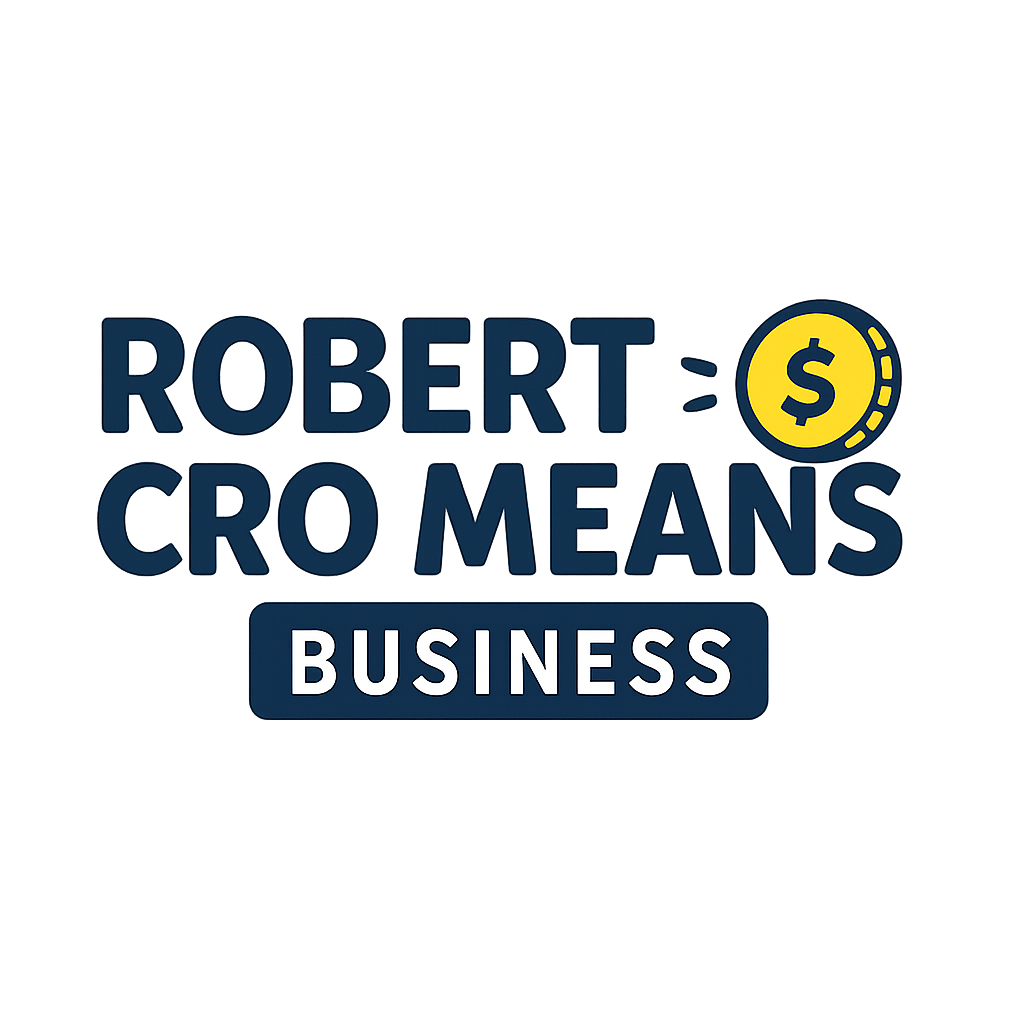As a consultant, I live in the weeds of operations, cash flow, and strategy. The pattern I see over and over? Strong businesses held back by personal financial blind spots. If any of the signs below feel familiar, it’s time to bring in a financial planner who can connect your business to your life—taxes, investments, insurance, and estate—so decisions stop living in silos.
1) You’re probably paying way too much in taxes
If your compensation mix (salary/dividends/bonuses), corporate structure, or draw strategy hasn’t been reviewed in the last 12–18 months, there’s a good chance you’re tipping too much to the CRA. A planner works with your accountant to optimise how, when, and from where you take income—personally and corporately.
2) Your money is scattered everywhere
Multiple accounts, holdcos, TFSAs, RRSPs, RESPs, corporate investments, insurance cash values—yet no single picture. A planner consolidates the view, sets roles for each bucket, and ensures everything pulls in the same direction.
3) Your investments don’t match your life timeline
Portfolio risk often reflects yesterday’s goals. If a business transition, real estate project, or tuition is inside three years, the portfolio needs a different posture. A planner matches risk, liquidity, and timing to real cash needs.
4) You only meet your accountant at tax time
Great accountants reduce tax. Great planners prevent tax surprises by aligning cash flow, investments, and insurance with your tax plan—months before filings are due.
5) You make decisions one transaction at a time
A new mortgage here, an insurance policy there, a quick investment idea from a friend—none harmful on their own, but misaligned in total. A planner is the quarterback who ensures each move supports the plan.
6) Your insurance was bought, not designed
Coverage often reflects what someone sold you years ago, not what your balance sheet needs today. A planner evaluates risk across business, personal, and estate, then right-sizes coverage and premiums.
7) Cash piles up in the corporation with no plan
Idle corporate cash creates tax drag and missed opportunity. A planner sets a corporate investment policy, considers individual pension plans (IPPs) or RCAs where appropriate, and maps a tax-efficient path to future spending.
8) Your spouse couldn’t run things tomorrow
If you were unavailable for six months, would your spouse or business partner know the accounts, contacts, insurance details, and “what to do first”? Planners create plain-language playbooks so your family isn’t guessing.
9) Estate documents exist—but no one knows the plan
A will without beneficiary coordination, asset flow mapping, or tax estimates leaves headaches. A planner models after-tax outcomes, coordinates with your lawyer, and prepares the family for roles and responsibilities.
10) You’re successful—but unsure what “enough” looks like
Without a target, every decision feels like a maybe. A planner builds a cash-flow model that shows what you can spend now, what’s safe later, and how different choices (sell sooner, work less, give more) affect the outcome.
11) Philanthropy is ad hoc
If giving happens at year-end to “clean up tax,” you’re leaving impact and benefits on the table. A planner designs a strategy—gifts of securities, donor-advised funds, family foundations—so generosity is both meaningful and tax-smart.
12) Your calendar is full, but progress is slow
You’re busy with business problems; personal finances stay on the back burner. A planner runs a predictable cadence of reviews, anticipates renewals and deadlines, and keeps tasks moving with your accountant and lawyer—so things get done without you carrying every detail.
Bottom line
If you recognized yourself more than once, that’s not a failure—it’s a signal you’ve outgrown a DIY approach. The right financial planner will turn complexity into a coordinated plan that saves tax, protects family, and frees your time to focus on what you do best.



